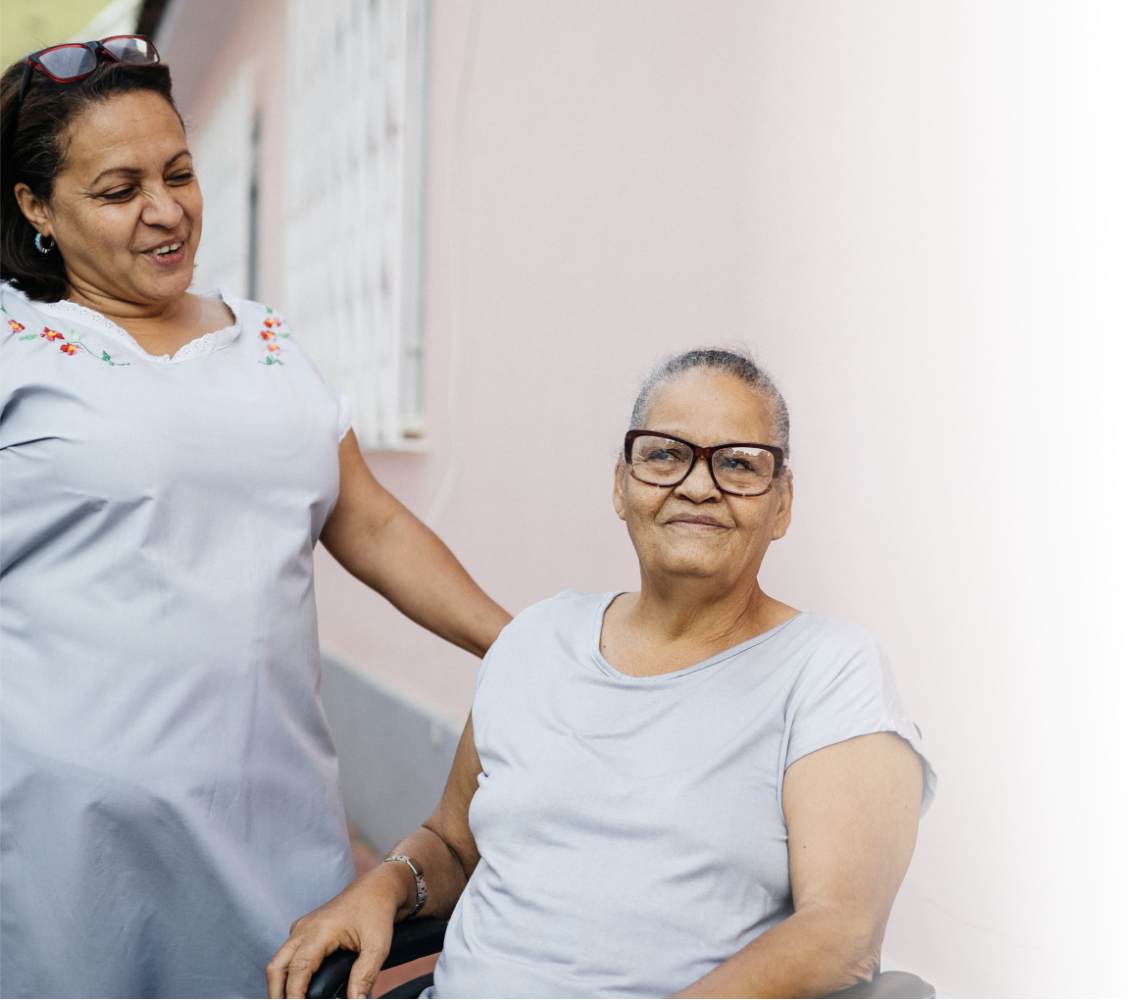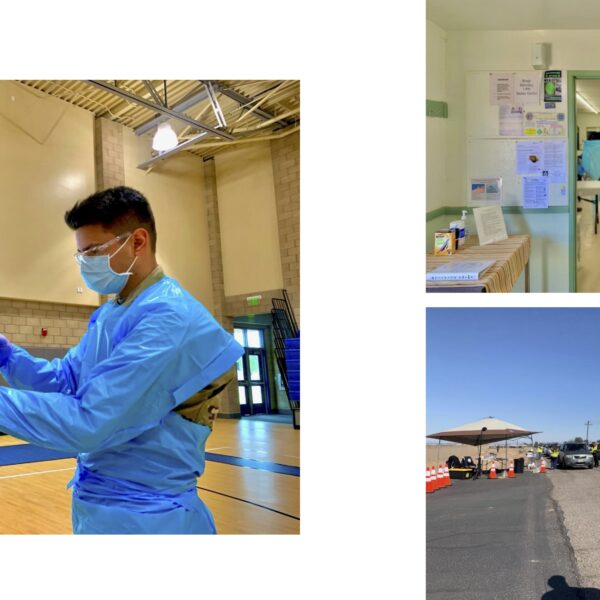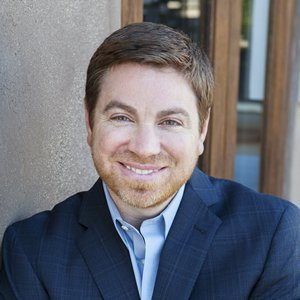Home healthcare workers, predominantly comprising individuals of color and women, stand as indispensable pillars within California’s healthcare system, a point underscored in a recent briefing by Ethnic Media Services. Addressing the crucial needs of these caregivers is the CalGrows program, spearheaded by the California Department of Aging. This flagship initiative serves as a beacon of support, providing free online training customized for both paid professionals and family caregivers alike.
Beneta Polk, the Project Director for CalGrows, provided a comprehensive overview of the program. Polk underscored the program’s alignment with California’s broader 10-year master plan on aging, recognizing the increasing demand for skilled caregivers in light of the state’s aging population. With projections indicating a substantial shortage of up to 3.2 million paid direct care workers, the need for robust support for caregivers becomes paramount.
CalGrows emerged as a solution to address this pressing need. The program offers accessible and comprehensive training, available in nine different languages, reflecting California’s diverse population. Importantly, these courses cover a wide array of topics essential for caregivers, including Alzheimer’s disease, cultural diversity, and infection control.
Polk also highlighted the tangible benefits caregivers can access through the program, including the opportunity to earn up to $6,000 in stipends upon successful completion of training coursework. Such incentives not only recognize the vital role caregivers play but also serve as a tangible investment in their continued commitment to the field.
Since its inception, CalGrows has achieved significant milestones, with over 25,000 courses completed and more than 6,000 caregivers participating. This translates into a growing network of trained and empowered caregivers poised to provide quality care to California’s aging population.
However, despite its successes, time is running out for the CalGrows program, with training courses available only until August of the current year. The briefing emphasized the urgency of spreading awareness about the program to ensure caregivers have the opportunity to benefit from its offerings before its conclusion.
Overall, the briefing served as a call to action, urging ethnic media and stakeholders to amplify the message about CalGrows and the invaluable support it provides to California’s caregivers. By doing so, they can contribute to building a stronger, more inclusive healthcare workforce capable of meeting the diverse needs of the state’s aging population.
Dr. VJ Periyakoil, Director of Stanford AGE Research Center and Director of Palliative Care Education & Training at Stanford University School of Medicine, took the floor next, offering profound insights into the challenges and importance of caregiving. Described as a pioneer in the field of end-of-life care and hospice, Dr. Periyakoil’s extensive expertise lent weight to her remarks.
Acknowledging the magnitude of the caregiving crisis, Dr. Periyakoil expressed gratitude towards the state for taking steps to address this pressing issue. She emphasized the increasing burden on families and caregivers as medicine advances and people live longer lives. With chronic illnesses becoming more prevalent, the need for caregiving extends far beyond medical interventions.
Dr. Periyakoil painted a vivid picture of the emotional, physical, and psychological toll caregiving takes on families, often leaving them untrained and overwhelmed. Despite their immense dedication, family caregivers often find themselves isolated, financially strained, and unable to fully participate in the workforce due to their caregiving responsibilities.
Highlighting the staggering statistics of family caregivers in the United States, Dr. Periyakoil underscored the urgent need for comprehensive caregiver training programs. She likened caregiving to handing over the keys to an untrained driver, emphasizing the need for proper education and support for caregivers.
Furthermore, Dr. Periyakoil emphasized the critical role of direct care workers as the “unseen connective tissue” of the healthcare system. She stressed that investing in caregiver education and training is essential for improving the quality of healthcare and addressing the needs of an aging population.
In closing, Dr. Periyakoil provided a link to Stanford’s training program, emphasizing the ongoing commitment to addressing the caregiver crisis. Her impassioned plea resonated with the audience, reinforcing the importance of collective action in supporting caregivers and building a stronger healthcare system for all.
Anni Chung, CEO of Self-Help for the Elderly, brought to light the critical role of paid professional home health care workers and emphasized the importance of training for this group. With over five decades of experience in providing comprehensive services to seniors, Self-Help for the Elderly has been a cornerstone in supporting immigrant workers and addressing health disparities in the AAPI community.
Chung highlighted the organization’s mission to provide professional training to immigrant workers, particularly focusing on the significant impact it has on eligibility for Medicare among aging immigrants. She emphasized the necessity of professional caregivers in ensuring the well-being of aging individuals, especially those coming out of hospitals with no one to care for them at home.
Painting a vivid picture of the daily tasks involved in caregiving, Chung underscored the physical and emotional demands placed on caregivers, whether they are family members or paid professionals. She stressed the importance of natural aptitude, patience, and dedication in caregiving roles.
Self-Help for the Elderly has been instrumental in providing professional home health aide training since the early 1970s, offering a rigorous 120-hour program followed by state certification. Over the years, thousands of immigrant workers have been trained, many of whom have advanced to higher levels of care within the healthcare system.
Chung also highlighted the organization’s commitment to continuous education for caregivers, offering renewal classes and free training opportunities to ensure the ongoing competence of home health aides.
Furthermore, Self-Help for the Elderly has partnered with CalGROWTH to provide direct service employees with comprehensive training, aligning with their mission to empower immigrant workers and create career pathways in healthcare. Despite the impending conclusion of CalGROWTH’s training program, Self-Help for the Elderly is exploring options to digitize and continue these valuable training initiatives.
In closing, Chung emphasized the career growth opportunities available in the healthcare field, encouraging individuals to take advantage of training programs before the August deadline. With the aging population growing rapidly, the need for skilled caregivers is more pressing than ever, making professional training programs like those offered by Self-Help for the Elderly invaluable for immigrant workers seeking stable and rewarding careers.
May Guo, a dedicated caregiver with Self-Help for the Elderly, shared her transformative journey as a trainee with CalGROWTH, highlighting the profound impact of professional training on her career and personal growth.
In November 2005, Guo arrived in the United States, filled with passion and compassion for caregiving. However, she also faced confusion and challenges as she embarked on her journey as a caregiver. It wasn’t until 2008, when a friend introduced her to the Home Health Aide Training Program at Self-Help for the Elderly, that Guo realized the pivotal role professional training would play in her career.
After dedicating herself to the program, Guo successfully graduated in 2008, obtaining her home health aide license. This achievement marked a significant turning point in her career, providing her with a newfound sense of professional identity, confidence, and competitiveness in the job market. With her license, Guo gained access to a broader range of job opportunities, including providing professional home care services in hospitals, nursing homes, and private residences.
Moreover, Guo emphasized the profound impact of professional training on her ability to deliver higher quality care to seniors, ultimately improving their quality of life and bringing peace of mind to their families. Through the program, she learned to effectively address various health issues, further enhancing her caregiving skills and expertise.
Guo also highlighted the invaluable support provided by Self-Help for the Elderly in overcoming language barriers and integrating into American society. The organization not only offered professional training but also served as a bridge for communication and learning, empowering immigrant job seekers like Guo to thrive in a multicultural environment.
In closing, Guo expressed her heartfelt gratitude to Self-Help for the Elderly for providing her with invaluable learning opportunities and to everyone who supported and encouraged her along the way. She pledged to continue working diligently, striving to constantly improve her professional skills and provide exceptional service to the elderly in need of assistance.
Joe Rodgers, a former reporter and editor with the San Jose Mercury News, offered a poignant perspective on the challenges faced by family caregivers, contrasting his experience as a family caregiver with the advantages of trained paid caregivers.
Rodgers shared his personal journey as a family caregiver, which began when his sister, who had been caring for their parents, broke her ankle and required assistance due to severe neuropathies. As a single individual, Rodgers recognized the daunting task ahead of him, realizing that he lacked the necessary skills to confidently navigate the complexities of caregiving.
Expressing his gratitude for learning about CalGROWTH, Rodgers acknowledged the fear and uncertainty associated with stepping into the role of a family caregiver without adequate training. Despite his background in healthcare reform and advocacy for respite care for family caregivers, Rodgers faced criticism from some readers who opposed taxpayer funding for caregiver support.
Reflecting on the challenges ahead, Rodgers emphasized the need for training and support for family caregivers, particularly in navigating healthcare systems and advocating for necessary services. He highlighted the intimate nature of caregiving tasks, such as assisting with bathing and bathroom needs, which may pose unique challenges for family caregivers, especially across gender divides.
In endorsing CalGROWTH and similar programs, Rodgers underscored the importance of professional training and lived experience in providing caregivers with the skills and confidence needed to fulfill their roles effectively. He expressed hope that through programs like CalGROWTH, caregivers like himself could access the training and support necessary to meet the evolving needs of their loved ones.
Overall, Rodgers’ testimony shed light on the critical role of training and support in empowering family caregivers to navigate the complexities of caregiving with confidence and competence.
#CaregiverTraining #HealthcareWorkforce #SupportingCaregivers #AgingPopulation #DiverseCaregivers #InclusiveHealthcare #ProfessionalDevelopment #FamilyCaregiving #HomeHealthCare #EmpoweringCaregivers #DiversityInHealthcare #SeniorCare #TrainingPrograms #CaregiverSupport #HealthEquity










